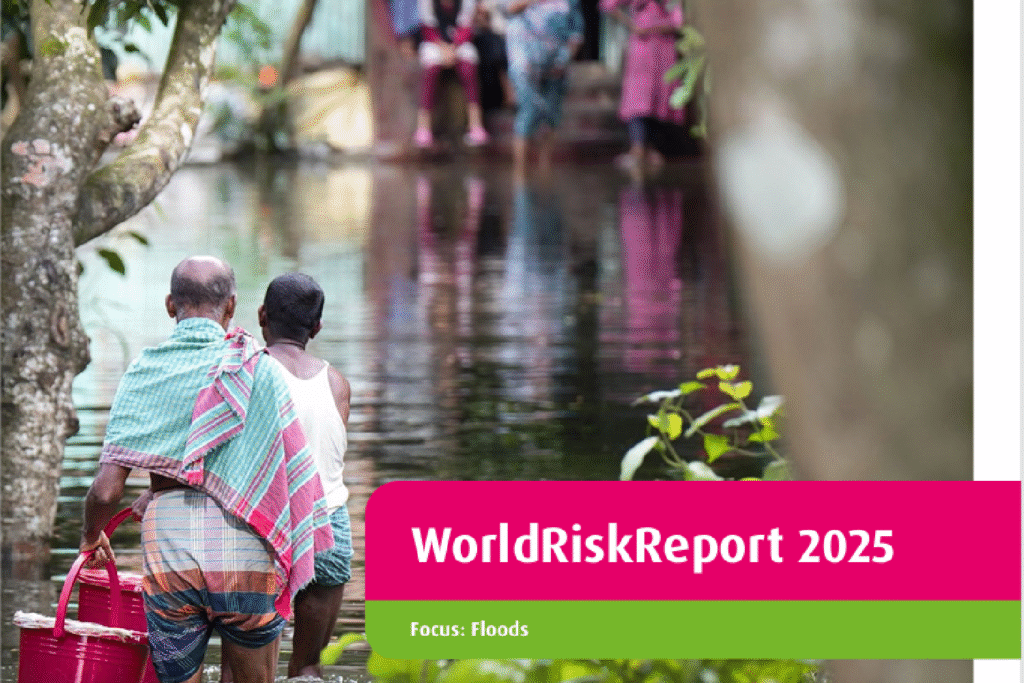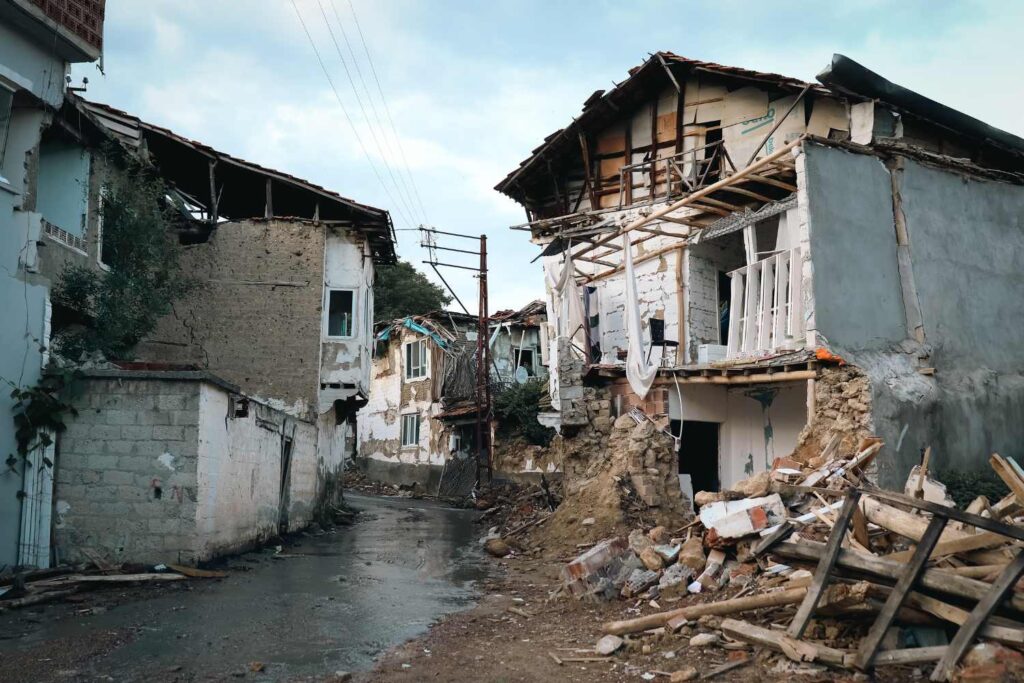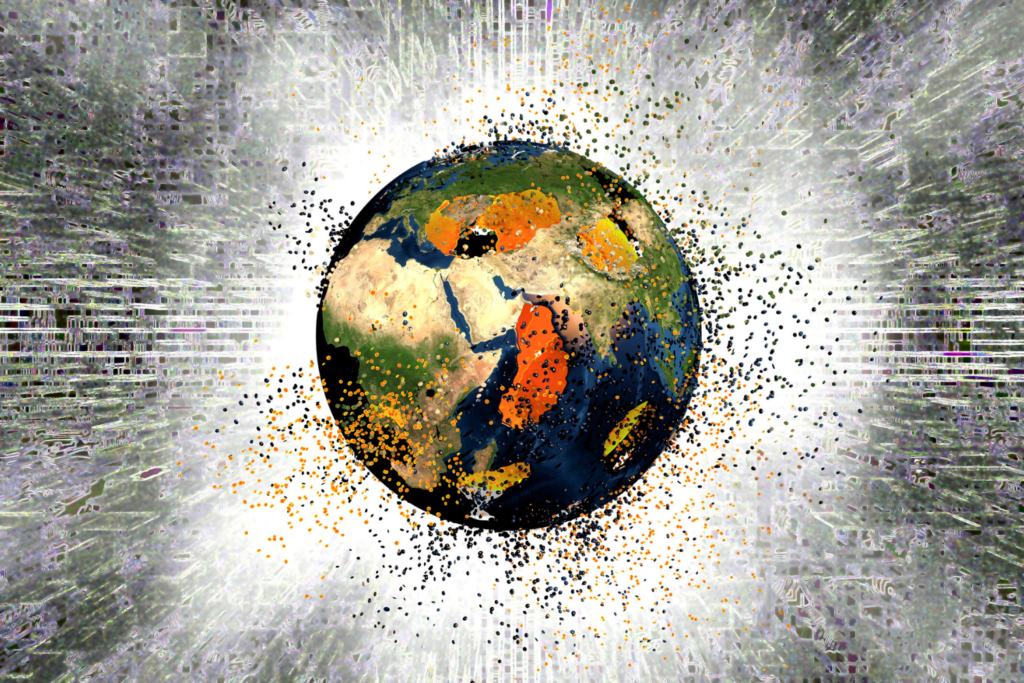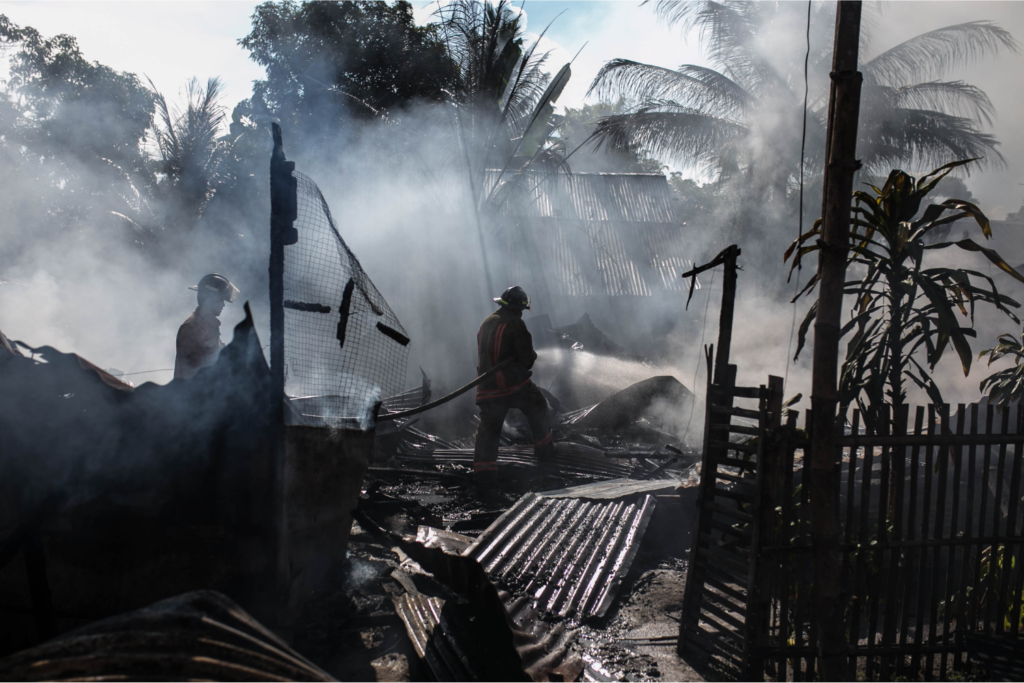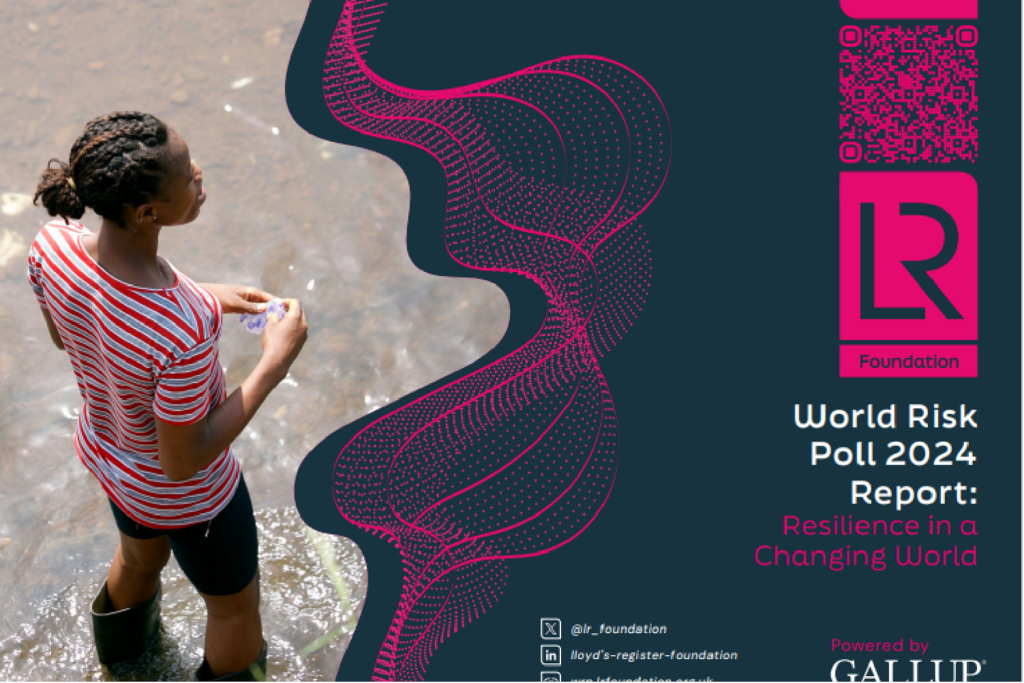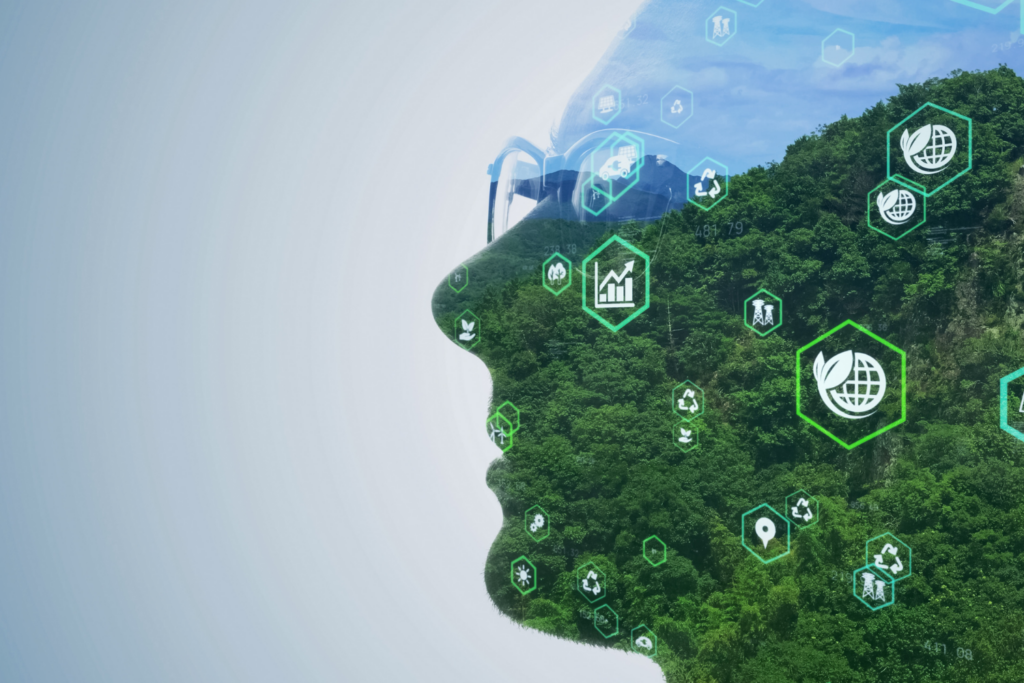Updating Mental Models of Risk
The authors argue that disasters are no longer isolated events but manifestations of an interconnected complex risk landscape in which cascading and compounding hazards interact across systems. Drawing on recent examples such as California’s year-round wildfires and Hurricane Helene’s inland flooding, they illustrate how overlapping shocks amplify vulnerability and strain governance capacities. They contend that […]
Updating Mental Models of Risk Read More »


